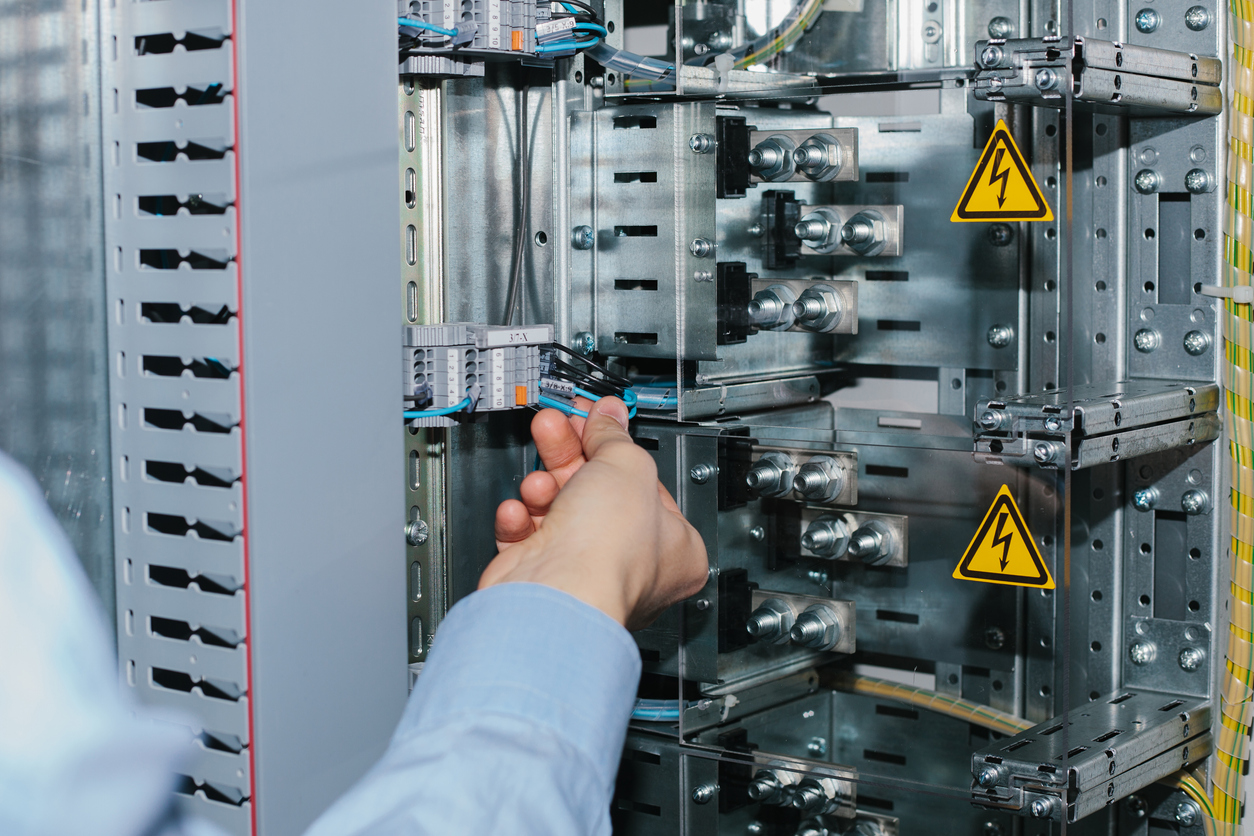Tips For Buying and Exporting Low-voltage Protection Equipment from South Africa
Tips For Buying and Exporting Low-voltage Protection Equipment from South Africa
Low-voltage equipment refers to any electrical device that operates at low voltages, usually below 200 volts. These devices are often used in industrial settings or in the home. They’re also known as “low voltage apparatus” and “low voltage appliances.” These devices can be dangerous if used improperly, which is why it is important to have protective measures installed on them to ensure user safety. There are many different types of low-voltage protection equipment, and you need to know what they all are before making a purchase. A qualified low-voltage specialist will help you with an audit of your system and find specific ways to improve your current setup so you can minimize outages and business disruptions. Here are four tips for buying and exporting low-voltage protection equipment from South Africa.
Educate yourself on the different types of low-voltage protection equipment
Before you invest in low-voltage protection equipment, you need to know what all the terms mean. First of all, there are different types of voltage levels, so you need to know what they all are. The standard voltages in the U.S. are 120V and 240V, but you will also see 110V and 208V in some parts of the country. If you are dealing with industrial equipment, you might come across voltages as high as 3600V. Then there’s the type of protection you need. There are fuses, circuit breakers, ground fault circuit interrupters, and arc fault circuit interrupters. You also need to know what each device looks like so you can tell what kind of protection you need on each outlet. And, of course, you need to know how each device works so you know if it’s the right one for your situation.
Choose a qualified company to do your installation
There are many companies out there that can help you with your low-voltage protection equipment, but you need to make sure they are qualified to do so. The best way to find a trustworthy company is by asking for references. You can also review online reviews to see if people have had a positive experience with a certain company. Make sure the company you choose is licensed, bonded, and insured. This is also something you can ask for references on. Check if the company has a Master Electrician on staff. If they don’t, it might be a good idea to hire your own electrician to inspect and make sure your system is installed properly.
Check for certification and a warranty
This is especially important if you are installing new low-voltage protection equipment. Make sure the company you choose is certified by the National Association of State Occupational Safety and Health Administrators or OSHA. An OSHA certification means the company adheres to strict safety procedures and has a trained staff. The certification might not be specific to electrical work, but it’s a good way to know the company has a history of safe practices. There are also certifications specific to low-voltage protection equipment. You can check to see if the company you are interested in working with has any certifications. Also, make sure the company has a warranty on the work they do. You can ask for a guarantee that the work will be done correctly the first time. And make sure they come with a money-back guarantee in case they don’t.
Get more than one estimate
Before you invest in new low-voltage protection equipment, make sure you get more than one estimate. Depending on the job, you might have to get several estimates to find the best price. You can also check online for quotes from different companies. It’s important to shop around and make sure you’re getting a fair price. You also need to make sure the company you choose has the proper licenses and insurance to work on your system. If a company gives you an estimate but doesn’t have the necessary licenses, don’t hire them. And make sure to get a written estimate. This way, if you have any issues with the work later, you’ll know who to go after.
Conclusion
The main goal of low-voltage protection equipment is to make sure electrical devices are safe and don’t cause fires. There are several types of low-voltage protection equipment available, and you need to know what they are before making a purchase. Keep these tips in mind when shopping for low-voltage protection equipment, and you’ll be sure to find the right equipment for your needs.








LEAVE A COMMENT
You must be logged in to post a comment.